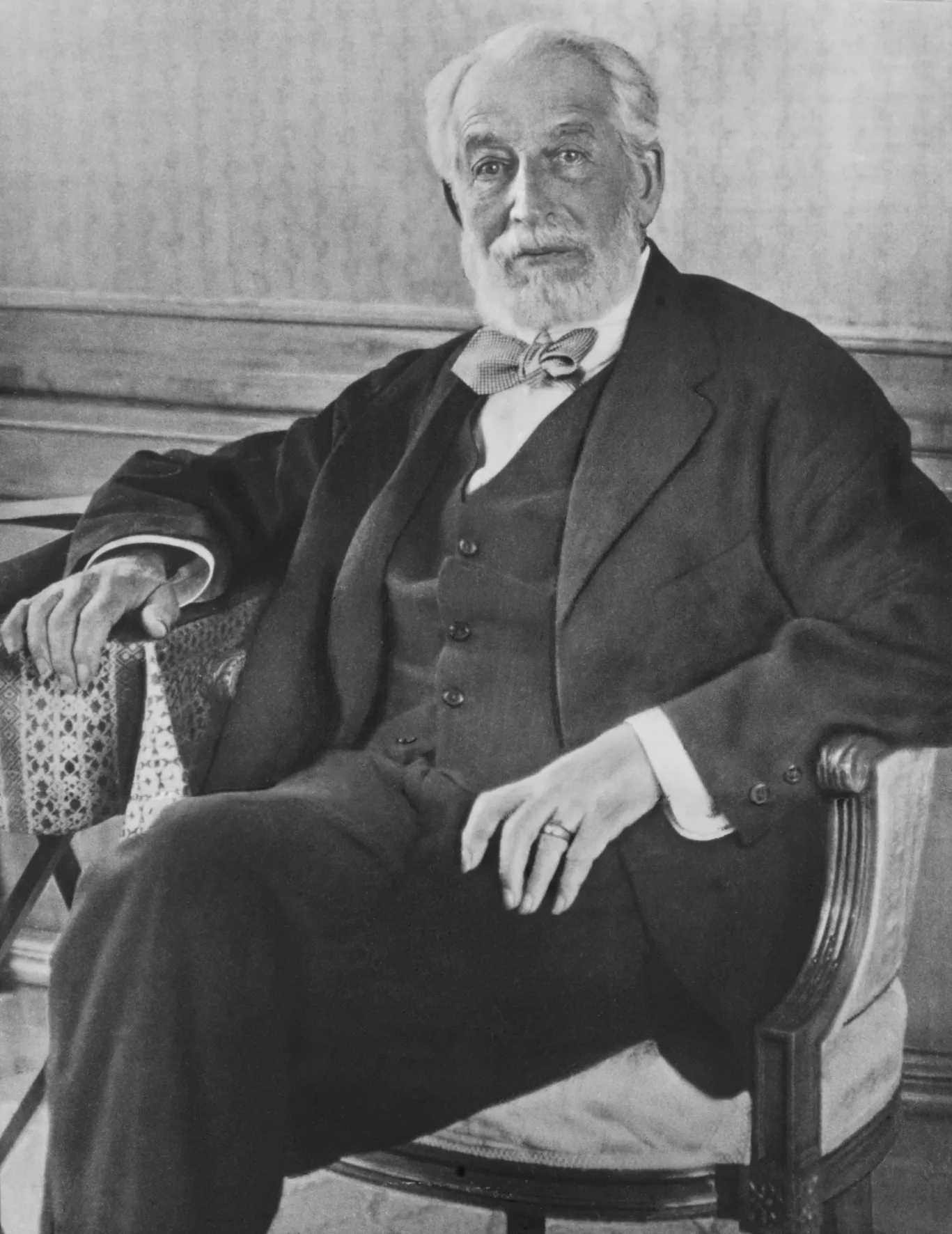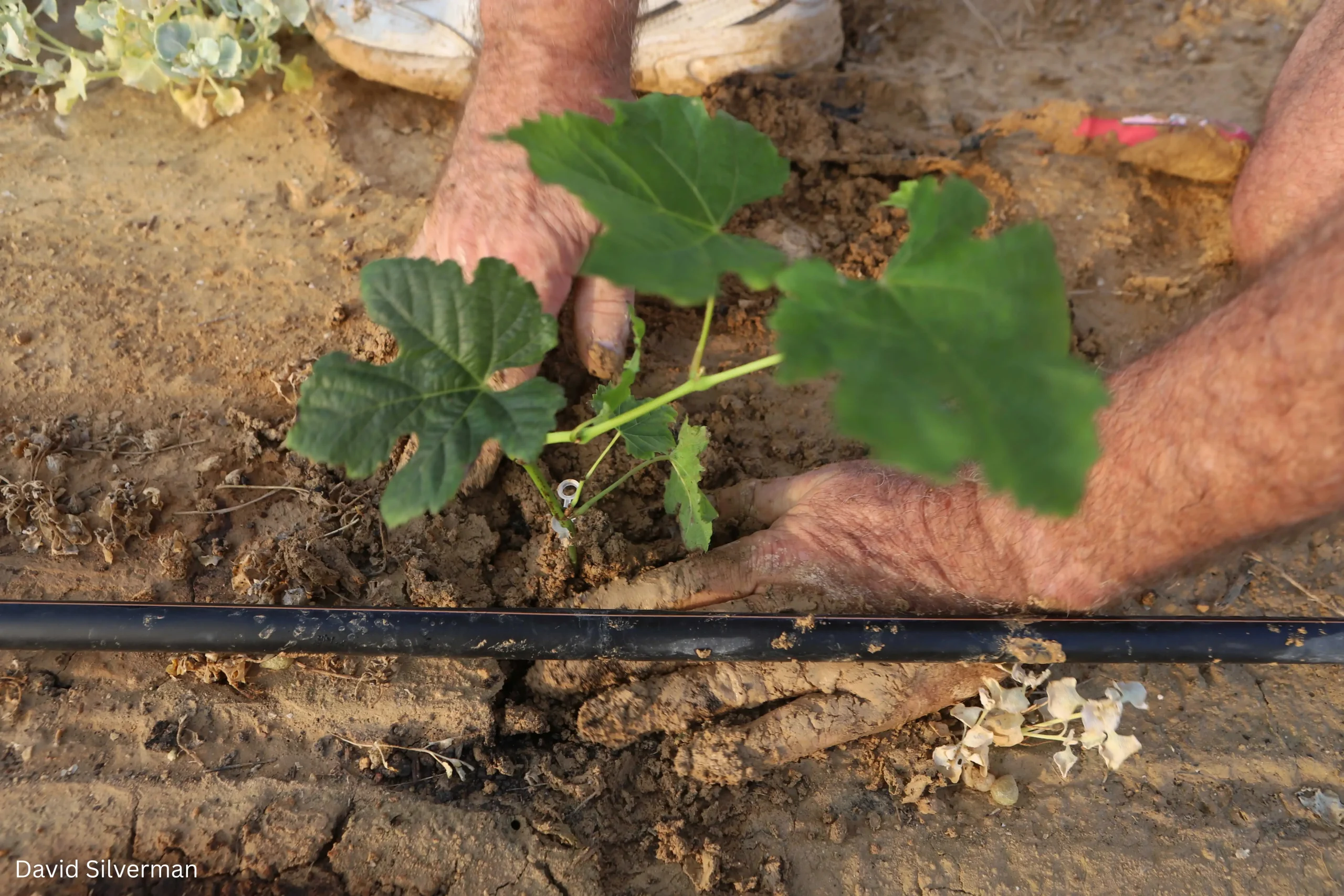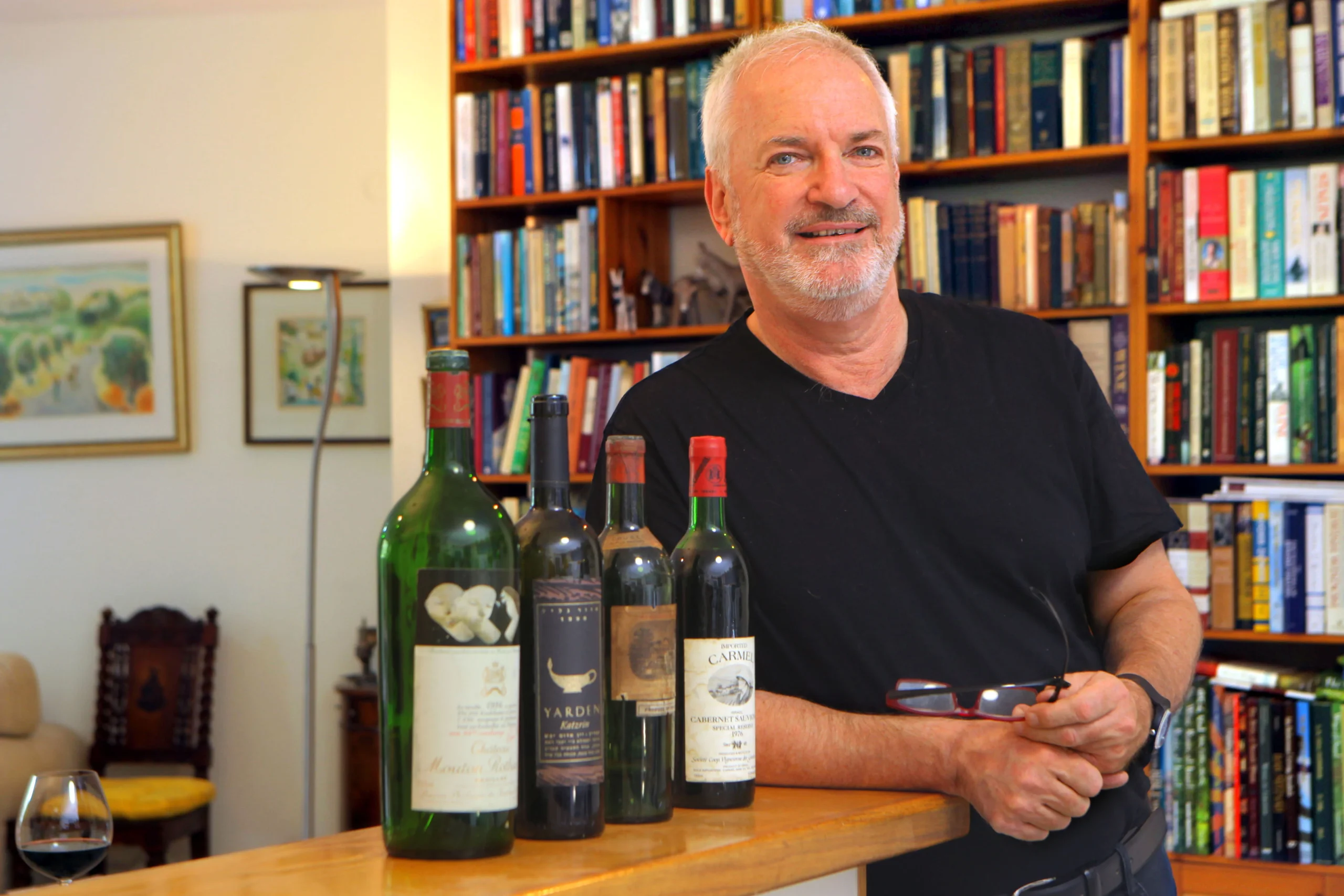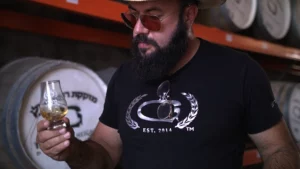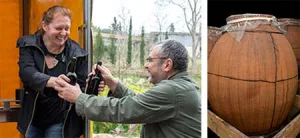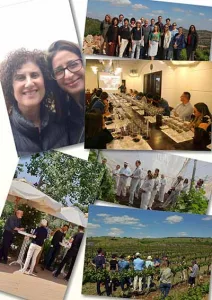Wine has featured strongly in Jerusalem since the time of King David. The Kings of Judah were said to have owned vast vineyards and stores for wine. King David’s wine holdings were so substantial that his court included two special officials to manage them. One was in charge of the vineyards and the other in charge of the cellars. These may have been Israel’s first viticulturist and first sommelier!
The Judeans of Jerusalem
From 1000 BCE onwards the Jewish devotion to wine was clearly shown in their developing literature, lifestyle and religious ritual. The Bible was full of references to wine and vines, because it was an imagery even the common people would understand. The Judeans were big wine drinkers, and the wine industry was a mainstay of the economy and an important export. They grew vineyards in the Jerusalem Mountains and Judean Hills. Vines were planted to sprawl along the ground in the valleys or grown on manmade terraces on the slopes. Wine presses were invariably nearby and wines were stored in Canaanite Jars or amphorae in cool, dark caves. Archaeologists in the City of David, in the Old City of Jerusalem, recently excavated wine jars flavoured with vanilla. This was apparently what the elite enjoyed in Jerusalem. Nothing new here. The lovers of oaky Chardonnay appreciate the same nuances of vanilla!
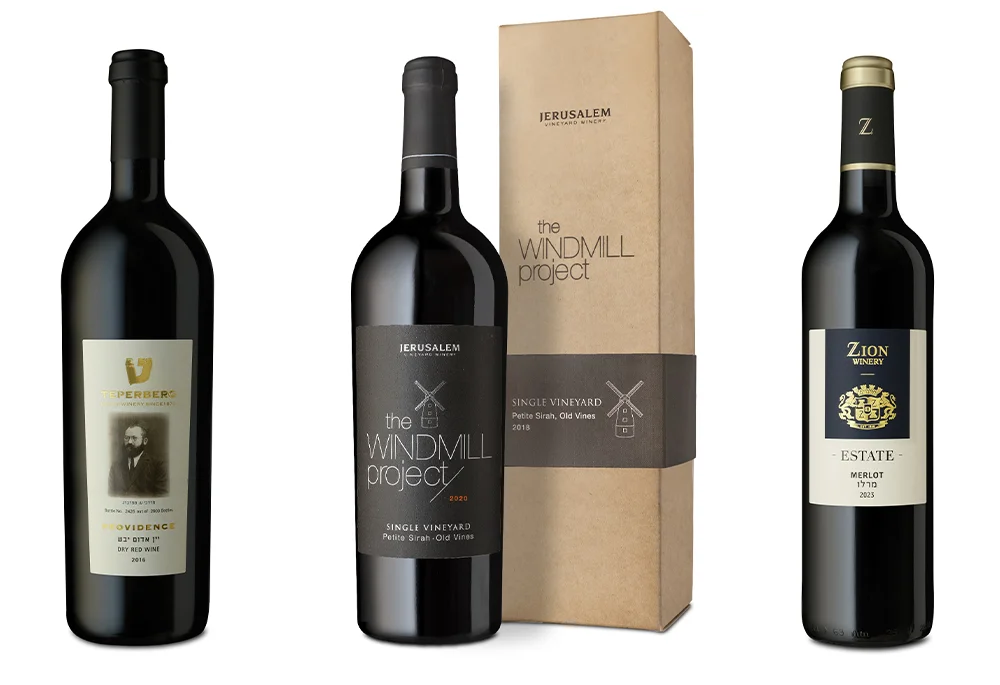
The Judeans in Jerusalem enjoyed wine and drank it in greater quantities than today, because it was not always safe to drink water in those days. They provided us with ancient wine roots in Jerusalem and for just over ten centuries they grew, made and drank wine continuously either under their own auspices, or under the rule of the great and conquering powers of the day who were passing through. After the sacking of Jerusalem and the dispersion, there was no Jewish wine industry as such, but wherever there are Jews, there will be home wine makers. Jews require wine for even their most basic religious ritual. So, there was always domestic winemaking by Jews, and for that matter, by Christians, even under Moslem rule.
The first we hear about wine in modern times was in Jerusalem in the mid-19th century. I suspect that Jews in Hebron, Safed, Tiberias were also making wine for themselves and their families, but it was the wineries in Jerusalem that we know about. They became larger and more commercial, supplying their community and neighbors, and of course we are reminded of the beginnings of those wineries that still exist today.

Moses Montefiore
A key figure in our understanding of the time was none other than the Englishman Sir Moses Montefiore. This is where it all began. Montefiore was a forerunner of Zionism and the most prominent visitor to Jerusalem in the 19th century. He saw the horrific poverty of the Jews in Jerusalem, and noted the dirty, crowded and unhealthy circumstances of where they lived. As early as 1839, he shared his vision. He wanted to encourage Jews to return to agriculture and plant vineyards and olive groves, so that they could become self-sufficient instead of surviving on charity and philanthropy. This was the very first call for a return to agriculture. In 1855 Montefiore purchased a plot of land outside the Old City of Jerusalem. This he named “Moses & Judith’s Vineyard”, because the area was covered with wild vines and olive trees. In 1860 it was renamed Mishkenot Sha’ananim. This was the first neighbourhood outside the Old City Walls and it was to become the very cornerstone of modern Jerusalem. The new residents were instructed to plant vines and olive trees to get a feel for agriculture.
Moses Montefiore was a wine lover who drank a bottle of wine every day (usually Port, which was very popular in Britain at the time), and he lived to the grand old age of nearly 101 years old. It is likely new wineries in Jerusalem were founded inspired by Montefiore’s message to earn a living, but it took a Rothschild three decades later to plant vineyards and make his agricultural vision come true.
Ginio Winery
The Ginio Winery was the first recorded winery in Israel. It was founded by David Ginio, in 1840. The Ginios were a Sephardi family, descended from Jews expelled from Spain. From there they settled in Salonica (Thessaloniki in Greece) and came to Jerusalem at the beginning of the 19th century. I visited the building where the Ginio Winery was situated and a plaque outside denotes the place. It is at the beginning of Yehudim Street in the Old City. The family lived in the house and the basement was the winery. When I visited, it was a secondhand bookshop. I was welcomed by an elegant, refined old lady, who was nearly blind. She showed me the secret entrance behind a movable bookcase and pointed out the trap door where grapes were lowered to the winery in the basement.
Ginio Winery continued to operate until the Jewish Quarter fell in 1948 and then faded away. Many wineries fall by the wayside either because of trading problems and or more likely, the next generation is just not interested in wine and want to do something different.
Zion Winery
Zion Winery was founded in 1848 by a Jerusalem family called Shor and to that simple statement, there is a story. The Galin family were Karlin Hassids who immigrated from Ukraine in 1835. Rabbi Yitzhak Galin wanted to earn a living through the production and sale of wine and spirits. However, he did not have a license to work with alcohol, which was hard to come by in the days of the Ottoman Empire. By chance his brother-in-law, Baruch Shor, did. So, Rabbi Yitzhak took both the license and his name. The Galins and Galinas became known by the new family name of Shor. Therefore, history records that Rabbi Yitzhak Shor founded the winery on Haggai Street in the Muslim Quarter of the Old City. The cellar backed onto The Little Western Wall and barrels were strategically placed so employees would not touch the holy wall by mistake. The winery bought grapes on a long-term contract from Arab vineyard owners in Hebron. Moses Montefiore met the patriarch of the family, who was Head of Tiferet Yisrael Yeshiva in Jerusalem. He drank Hebron wine. Then wine was known, not by the grape variety or its style, but from where it came from. Montefiore even purchased small casks as a souvenir. Then bottles were scarce, there were no labels….and no Kashrut certificate. Funnily enough the first evidence the Shor family was working in wine came from the Montefiore Census, commissioned by Moses Montefiore in 1849.
The legendary Rosa Shor was the first to run a wine shop cum wine bar in the Cotton Market of the Muslim Quarter that rises to the Temple Mount. It was known as Hamra Rosa, Aramaic for Rosa’s Winery. I have enjoyed walking around the Old City accompanied by a member of the family to follow the trail of the Shors, but no evidence exists any more. The family home and winery would be part of what is now known as Beit Rand. In 1925 the British decreed there should be no industry in the Old City and the Arab riots of 1929 gave a further incentive for the family to move. The family and winery’s next stop was Beit Israel in Western Jerusalem, where they stayed until 1982.
Zion Winery is these days the 5th largest winery in Israel and it is today situated at Mishor Adumim, just to the east of Jerusalem, in the beginnings of the Judean Desert. The winery is still owned and managed by the Shor family. The wine baton has impressively been passed down from father to son for 177 years. The senior management, and even the winemaker, have always been from the family. The CEO is Yossi Shor who succeeded his father, Moshe Shor z”l. The current winemaker is Zvika Shor, who took over from his father, Moshe Haim Shor z”l, in 1992. Zion Winery has made wine in three separate centuries – (the 19th, 20th and 21st) under the auspices of the Ottoman Empire, the British Mandate and now the State of Israel. It remains our oldest existing winery. The crest used on the label today is from one of the winery’s early labels.

Teperberg Winery
Another famous Jerusalem winery is the Teperberg Winery. The family story began when Avraham Teperberg fled Odessa to avoid compulsory conscription and ended up in Austria, where he picked up the Germanic sounding name, and some knowledge and interest in wine. He immigrated to Israel in 1850 and in 1852 he established a distribution company selling wines and spirits. In 1870 Avraham Teperberg founded the family winery in the Old City of Jerusalem in the Jewish Quarter. Today the area where it was situated is a car park. In the 1930s, the company went bankrupt, but after the founding of the state, Menachem Teperberg, the fourth generation, reestablished what was then called Efrat Winery at Machane Yehuda. It was a small winery producing mainly liquid religion (sacramental wine and grape juice). By the time I made aliya, they were situated in Motza at the entrance to Jerusalem.
In the early 2000s, Efrat Winery was renamed Teperberg 1870, and now it is known as Teperberg Winery. It is still owned by the Teperbergs and it is today the largest family-owned winery in Israel. It is also the third largest winery in Israel and is situated at Tzora in the Judean Foothills. Since 1984, the CEO has been Motti Teperberg, from the 5th generation, who has now been in charge for forty years. He is the longest serving winery managing director in Israel. Shiki Rauchberger, graduate of UC Davis and ex-winemaker of Carmel’s Rishon Le Zion Cellars, is the head winemaker. The winery is recognized by the Hebrew letter ‘tet’ (ט) for Teperberg, which boldly adorns the front labels.
Jerusalem Vineyard Winery
Shimshon Winery was founded by Moshe Shalom Shor in 1955 in Jerusalem when he split from his brother, the owner of Zion Winery. He began by focusing only on the production of spirits. The founder later passed the winery on to his daughter Tsippora, who inherited it with her husband Yona Mendelsohn. They returned to making wine but were mainly known for kiddush wine and grape juice.
Shimshon Winery was sold in 2006, and bought by Ofer Guetta, a businessman and entrepreneur. It was first named Jerusalem Wineries, and has since been renamed Jerusalem Vineyard Winery. This winery has also grown and now features comfortably amongst the top ten largest wineries in the country. Being situated at Atarot, in the northern outskirts of Jerusalem, they still have a toehold in Jerusalem. Lior Lacser, ex-head winemaker of Carmel, is the CEO and winemaker.
The Jerusalem Vineyard Winery’s innovative visitors’ center is not at Atarot, but in the very heart of Jerusalem. It is situated in a place that joins the dots of Jerusalem and wine from the 19th century until today. I am referring to the Montefiore Windmill, built by Sir Moses Montefiore in 1857. It is a well-known feature of the Jerusalem skyline. The windmill is situated in the Mishkenot Sha’ananim – Yemin Moshe neighborhood. There, one can sip wine overlooking the Old City Walls. Confusingly, there is another brand marketed as Jerusalem Winery, but it has nothing to do with Jerusalem at all and their wines are produced in Kiryat Arba. The logo of the Jerusalem Vineyard Winery is an outline of the windmill.
Zion, Jerusalem and Teperberg Wineries have each invested in quality. Zion and Jerusalem both heavily invested in their wineries, whereas Teperberg built a new one. All three are producing wine of a quality, which would have simply been impossible to envisage even in the early 2000s. What is more they produce wines of excellent value at every price point.
Other Shor Family Wineries
Of the other Shor family wineries, both Arza and Hacormim were founded in the 1950s. As a response to the quality revolution, each of them took steps to leave behind their liquid religion past. 1848 Winery, perhaps the best of them, was founded in 2006 by Yossi Shor and they employ a French born Bordeaux trained winemaker. The Hayotzer brand was established in 2015 by Arza and they employed the ex-winemaker of Carmel’s Zichron Ya’acov Cellars. The Shorr (sic) Estate label was introduced in 2020 by Hacormim. All are owned by descendants of the family which founded that small winery in the Old City in the mid 19th century. The parent wineries with their new satellite subsidiaries continue to operate.

Wine in Jerusalem Today
These days there may be very small or domestic winemakers within Jerusalem, but the commercial wineries have left the city. The centers of winemaking have moved to the Judean Foothills, Judean Hills and Samarian Mountains. There may not be much wine tourism in Jerusalem in terms of wineries to visit, but there are plenty of places to appreciate and enjoy wine with good company and good food. For example, two recommended wine venues are Blend 5, a super wine bar, always with interesting wines, and the Mona Restaurant, where the food is excellent and the wine selection is broad. In both places the service is top notch. Chakra is another top wine restaurant. For a dose of elegance and nostalgia with every sip, the King David Hotel’s Oriental Bar is a good choice. For kosher diners, the King David Hotel Grill Room is still the reference point and Angelica Restaurant has been recommended for offering a good wine experience. Notre Dame (of Jerusalem) and the American Colony always have an excellent wine selection. As for wine stores, Avi Ben is still a class act and Pyup has the widest range of kosher wines. It is possible to honor the deep history of wine in Jerusalem, by drinking there well today. We sometimes say: “In Tel Aviv we play and in Jerusalem we pray” but in Jerusalem it is also possible “to also eat, drink and be merry.” There is no lack of opportunity to enjoy the fruit of the vine in Jerusalem.
Adam Montefiore is a wine trade veteran and winery insider turned wine writer, who has advanced Israeli wines for 38 years. He is referred to as the English voice of Israeli wine and is the Wine Writer for the Jerusalem Post. www.adammontefiore.com













